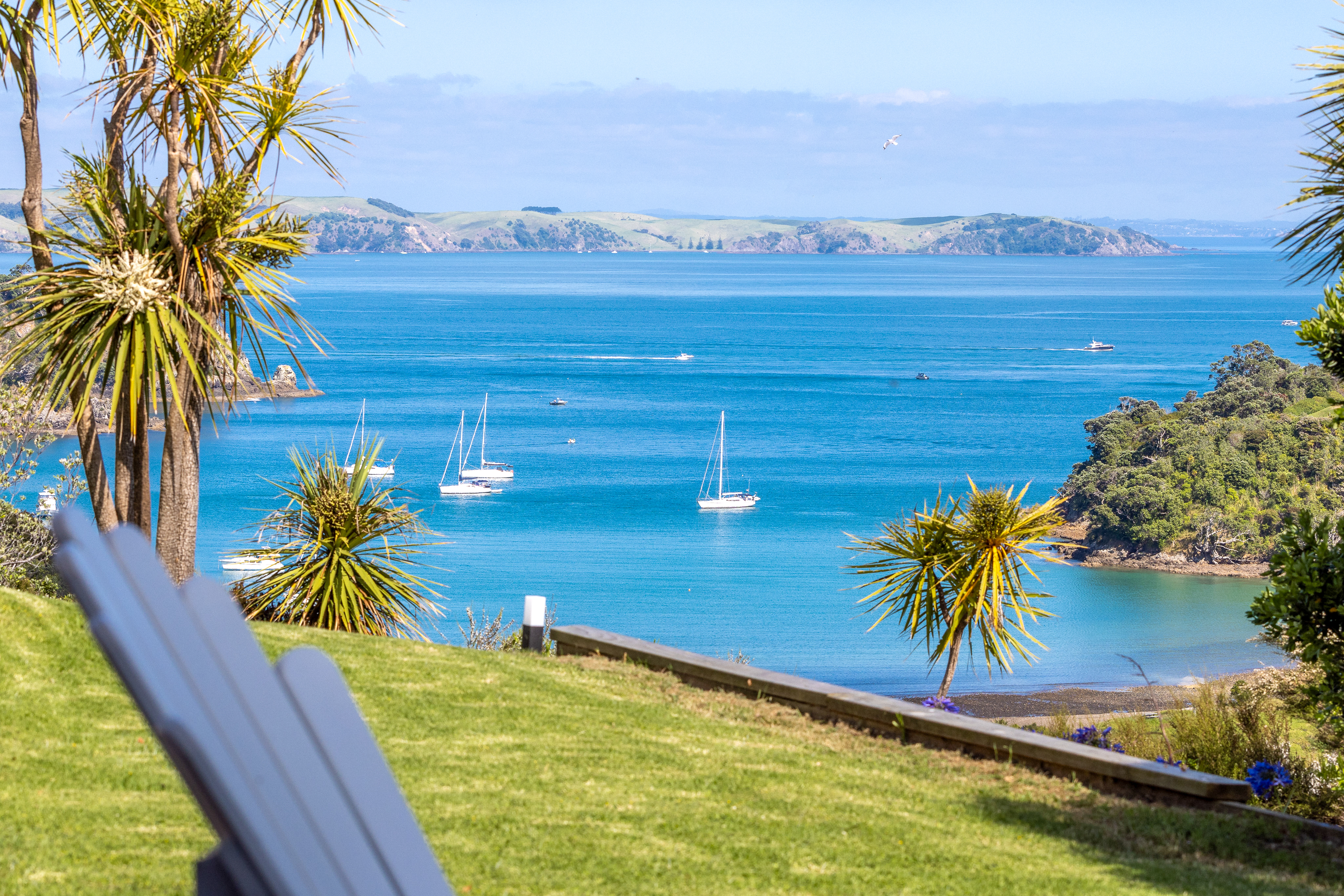The number of bedrooms a property has can affect its value growth, new data from OneRoof and CoreLogic reveals.
Figures show that bigger houses have risen in value at a slower rate than apartments and units in Auckland.
OneRoof looked at value growth within each property type - standalone houses, units and apartments - and by bedroom count in the major centres, setting a minimum of 200 properties for each grouping to ensure meaningful results.
Two-bedroom and three bedroom apartments saw the biggest leap in values since May 2013, jumping 107 percent and 83 percent respectively. Two bedroom units were the next biggest risers, enjoying growth of 73 percent, while growth in standalone houses was more sluggish the more bedrooms they had.
Start your property search
The value of three bedroom houses - the most common property type in Auckland - grew just 62 percent in the last five years. Growth was slower for four-bedroom homes, at 59 percent, and lower still for six-bedroom houses - at 56 percent.
Overall, Auckland properties with smaller footprints and fewer bedrooms grew at a faster rate.
Outside Auckland, the picture was broadly the same, with bedroom count influencing value growth in Wellington, Christchurch, Tauranga, Hamilton and Dunedin.
However, units and apartments tended to grow more slowly than houses within each bedroom count category, with buyers still tilting towards standalone properties.
The growth figures for each property type and within each bedroom category were similar across the board, ranging from 15 percent to 26 percent, although the growth gap in Auckland was much bigger than those in the other major centres, hitting 51 percentage points.
CoreLogic senior researcher Kelvin Davidson said affordability constraints in Auckland were likely driving higher value growth in apartments and units.
"In Auckland, the broad picture is that across each property type, bedroom count has had an impact on values over the past five years. The more bedrooms a property has, the slower the growth rate. Smaller properties - units and apartments - have also typically seen higher value growth than houses when judging properties by bedroom count.
"Auckland is less affordable than other cities, and houses there are more expensive than units or apartments, so people may be tilting away from standalone properties, even if they’d still prefer to buy one instead of a flat or an apartment."
OneRoof editor Owen Vaughan said: "These figures indicate buyer activity levels and for many of the major centres, suggest what types of properties, whether they be units, flats or standalone houses, Kiwis want to live in.
"Price and quality and selection of stock, however, are major influencers of what properties people actually end up buying. The quarter acre dream may still be alive but it may not be achievable in certain locations, with apartments and units filling the gap."
He added: "The figures also suggest that those selling standalone properties with high bedroom counts have to be realistic about the buyer pools available to them and the price they will be able to achieve. Value growth indicates that the quick movers in Auckland are apartments and units and the appetite for them is still strong."










































































